Imagine being able to come home from work, kick off your shoes, sit on the couch and grab your Oud, and start playing a taqsim.
Or play your new favourite song even when you don’t have the notation.
This may seem like a dream, but it’s more realistic than you realize.
I taught myself Arabic music and figured out Arabic maqams by myself. It took a very long time, but along the way I found some short cuts. I want to share with you some of the things I did that didn’t work so you can avoid them.
3 common mistakes to avoid when learning maqams..
1. Reading a theory book
A few years ago, I wanted to learn Turkish music and Turkish maqams. I was listening to Turkish Oud players, but a lot of maqams just sounded the same. I was really stuck for a while.
So I decided, “I’M GOING TO THE LIBRARY TO FIND ME A THEORY BOOK!”
And that’s what I did.
I drove an hour all the way to the University of British Columbia, got myself an Alumni library card and took out Makam: Modal Practice in Turkish Art Music by Karl L. Signell.
The book was good. Dry… but good. What can you expect from a theory book?
I learned a lot from that book. And it was useful for learning the Turkish notation conventions.
And, YES, I learned a thing or two about Turkish maqams.
But I didn’t read the whole book… only the parts that were relevant.
I kept this knowledge in the back of my head. But it wasn’t until I started learning some tunes by Turkish composers that it all started to make sense.
I’ll tell you why it didn’t make sense soon, but until then here’s another mistake I made learning maqams.
2. Thinking that maqams are scales
It was about 2007, and I started getting interested in Arabic music and I wanted to learn some maqams. So I scoured the internet for a list of maqams and stumbled on maqamworld.com. It’s an amazing resource that I still use to this day for quick reference.
Maqamworld.com shows you all the scales and what the notes are and explains terms and definitions very nicely. But looking at a scale by itself and playing one note at a time can get you into a trap…
Thinking that maqams are scales….
They are… but they’re not!
Maqams are actually more like modes. They have specific starting point, ending point, and pausing points. You can’t sum it up in a list of 7 notes. And some maqams use more than 7 notes. Each maqam has a method of playing it. Some maqams are more straightforward than others. A few even share the same structure but have a different vibe altogether.
I was lucky in that I was already adept at playing Persian modes (Dastgah), so I could already hear the melodic patterns that emerge when listening to a piece of Arabic music. But still, there were some maqams like Maqam Lami, that took me longer to GET… Until I learned a special technique… but first, the last common mistake.
3. Trying to do it all by yourself
It’s possible to learn maqams all by yourself. It is… I’ve done it!
But it took forever…
It’s hard when you don’t have anyone to guide you to listen to the right tunes, to show you good examples of maqams, to teach you and push you.
I experienced this around 2011 when I wanted to learn how to play an Arabic style taqsim. I was trying to copy what I hear but I was always falling back into my habits from Persian music. I felt like I didn’t sound authentic.
So I found a local Iraqi Oud player that teaches Oud and took a lesson with him. I ended up just taking one lesson with him, but my progress afterwards was much better. In that one hour lesson, he gave me enough pointers that I could make strides in my own practice.
Imagine how much faster I could have learned Arabic taqsim if I had taken more lessons.
In the next email, I will share with you my favourite way to learn maqams.
It’s coming out Friday, so until then…

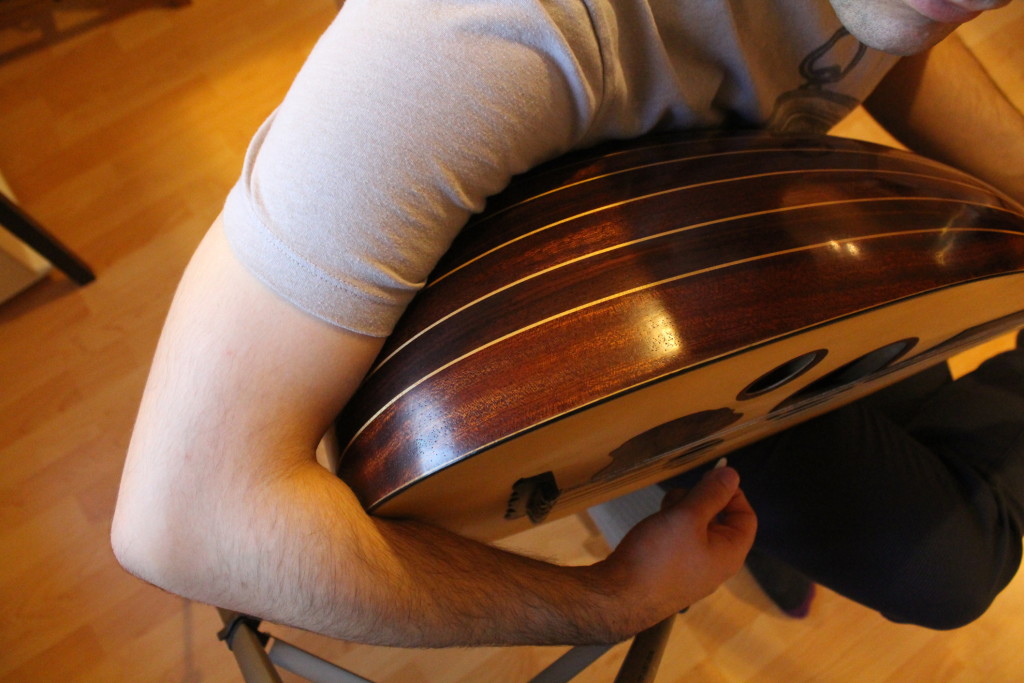

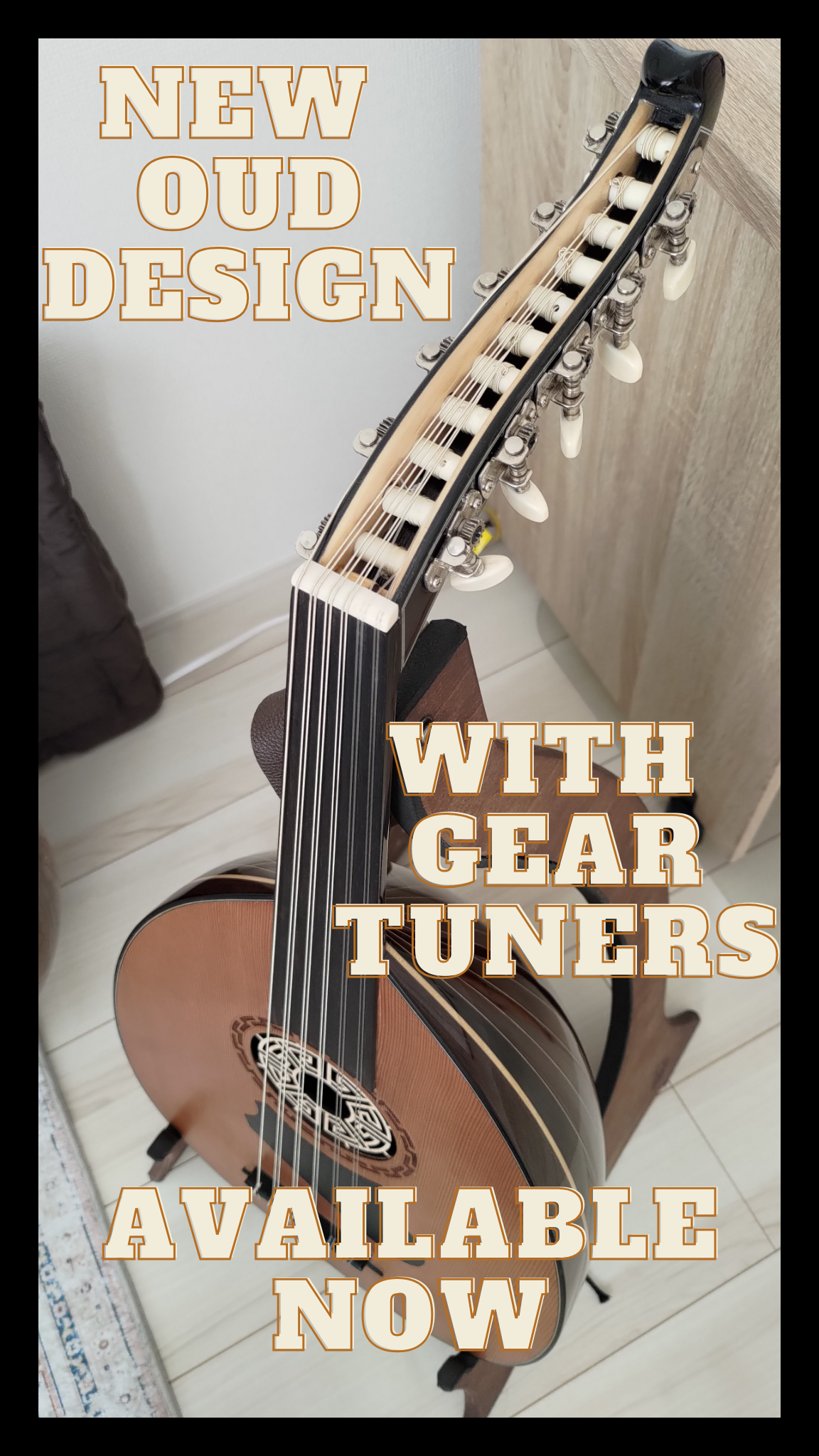
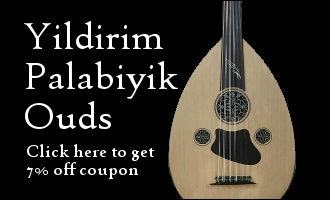
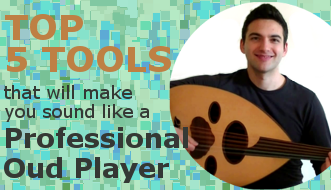
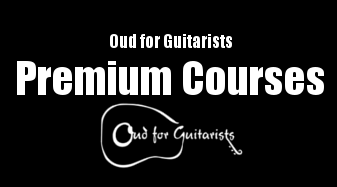
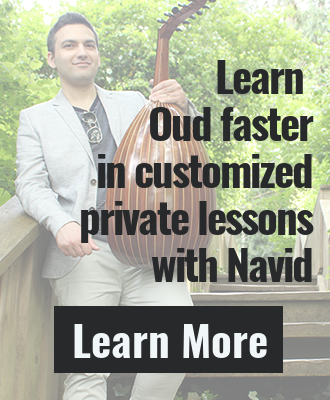
For a young person who did it all on his own, your progress is commendable and your achievements highly remarkable. You also possess a marked degree of empathy which allows you to break down and anticipate the questions people are vexed with in their own journey of mastery. I always enjoy your posts and advice. Like you, I learned on my own, except it took me a lot longer to get there. I started playing well before the internet and sites like maqamworld were available but as you pointed out, having some personal feedback does wonders.
You are a unique musician and artist as well as an individual with highly developed intuitive ability. Wish someone like you was around when I first began the journey.
Best wishes for future success,
Bill
Hi Bill,
Thanks for the kind words. I’m glad you’re enjoying the newsletters. And I hope you will continue to comment on this site.
Regards,
Navid